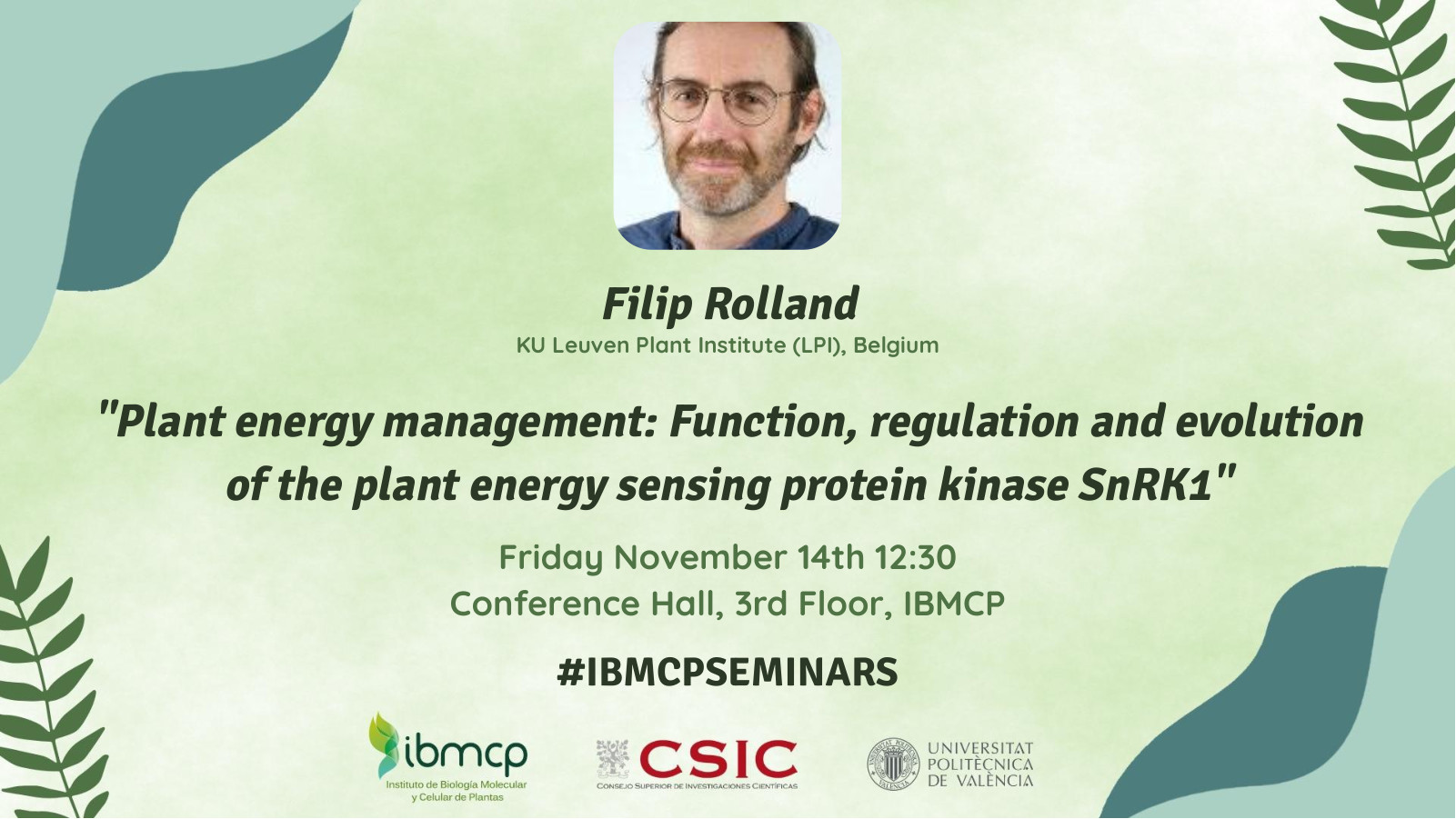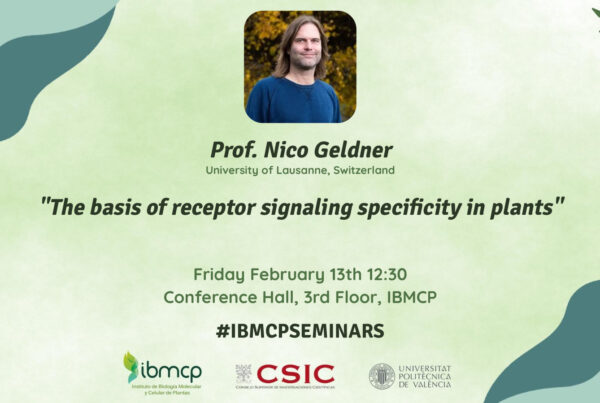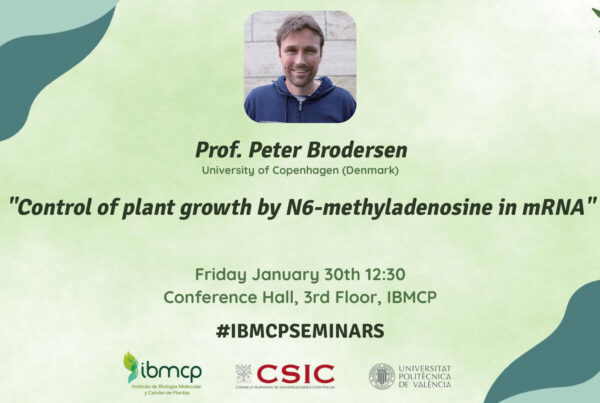Filip Rolland
KU Leuven Plant Institute (LPI), Belgium
“Plant energy management: Function, regulation and evolution of the plant energy sensing protein kinase SnRK1”
SnRK1 (Sucrose non-fermenting1-Related Kinase1) acts as a cellular fuel gauge, monitoring and maintaining plants’ energy balance. In addition to responding to carbon and energy depletion caused by biotic and abiotic stress conditions (directly or indirectly affecting metabolism), SnRK1 also gatekeeps important developmental transitions associated with changes in metabolic demand and supplies. It directly targets key metabolic enzymes, but also triggers transcriptional reprogramming and, together with SnRK2 and SnRK3 kinases, functions in an intricate nutrient and stress responsive network with the (antagonistic) TOR (Target of Rapamycin) kinase. SnRK1 belongs to a conserved eukaryotic family of proteins, including fungal SNF1 (Sucrose Non-fermenting1) and animal AMPK (AMP-activated kinase). These function as hetero-trimeric complexes, with a catalytic subunit and regulatory (scaffolding) and (nucleotide-binding) subunits. But while SNF1/AMPK/SnRK1 function and overall complex configuration appear highly conserved, the plant kinases have also diverged, with plant-specific structural features and regulatory mechanisms likely linked to their unique lifestyle. An apparent default activity (with significant autophosphorylation) and loss of control by nucleotide charge are consistent with negative regulation of SnRK1 by sugar-phosphates in conditions of carbon and energy affluence (and thus de-repression rather than activation). SnRK1 also is a nucleo-cytoplasmic protein and its controlled distribution is important for both stress responses and optimal growth and development.
Short CV
I obtained a Master’s degree in Biology (Licentiaat, KU Leuven, 1995) and a PhD in Biology (Molecular Cell Biology, KU Leuven, 2000, yeast genetic research) with a Fellowship from the Flemish Agency for Innovation by Science and Technology (IWT) and then switched fields and trained as a postdoctoral fellow in the plant sciences at the Department of Molecular Biology, Massachusetts General Hospital and the Department of Genetics, Harvard Medical School, Boston, USA (Lab prof. Jen Sheen, 2001-2003) with a fellowship of the D. Collen Research Foundation and a H. Van Waeyenberg fellowship of the Hoover Foundation (Belgian American Educational Foundation, BAEF). I returned to the Laboratory of Molecular Cell Biology (VIB/KU Leuven) as a project leader, first with a DWTC Federal Return grant (2003-2005) and then with a Fellowship from the Research Foundation- Flanders (FWO, 2005-2008).
I started my own research group in 2008 and since this year am a full professor in the section of Molecular Biotechnology of Plants and Micro-organisms in the KU Leuven Department of Biology (lab Plant Metabolic Signaling). I am also an adjunct professor at POSTECH (Pohang University of Science and Technology), South-Korea (2020- ). Since October 2021, I am program director for the Bachelor and Master in Biology programs and since March 2021 also (founding) director of the KU Leuven Plant Institute (www.kuleuven.be/plant-








